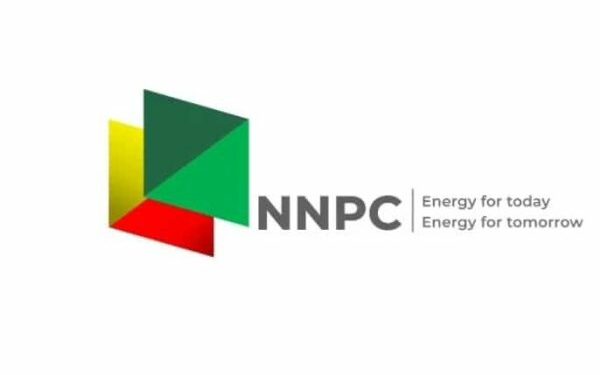Experts have advocated listing the Nigerian National Petroleum Company (NNPC) Limited on the Nigerian Stock Exchange (NGX) to strengthen its accountability.
NNPC had, on Thursday, released its financial statements, which development experts stressed, demonstrated, to a large extent, a new policy direction towards more transparency among public sector entities.
The NNPC has, in a rare demonstration of transparency, released its financial results of N8.81 trillion revenue in 2022. The revenue rose by 37.32 per cent from N6.42 trillion in 2021 to N8.81 trillion in 2022. The company disclosed this in its audited financial statements for the 16-month period ending December 2022, following pressure from various stakeholders for it to open its books for scrutiny.
Reacting to the report, the chairman, Zenera Group and Oil & Gas Consultant, Meka Olowola, addressed the impact of the Petroleum Industry Act (PIA) on NNPC withholding revenue:
According to him, the PIA has introduced complex and nuanced changes affecting the NNPC’’s ability to withhold revenue from the Federation Account.
He said, the PIA largely restricts NNPC’s discretion to withhold revenue, adding that
NNPC could deduct various costs before remitting them to the account.
“Now, deductible costs are clearly defined, limiting NNPC’s leeway. NNPC is now obligated to submit audited financial statements and declare profits like any other company. This enhances transparency and makes withholding more difficult to justify,” he noted.
Olowola also explained that the PIA introduces royalty-based rent for upstream operations, potentially reducing NNPC’s cost recovery needs. This could decrease the need for withholding for cost recovery purposes and the 30 per cent of NNPC Ltd.’s profit is earmarked for frontier exploration, potentially reducing immediate contributions to the Federation Account. However, this investment could ultimately benefit future revenue that should be made open.
He further stressed that government oversight and enhanced regulatory bodies under the PIA, like the Nigerian Upstream Regulatory Commission, can scrutinise withholding practices and non-financial declaration to deter non-compliance.
Overall, he said the PIA tightens controls and increases transparency, making it more difficult and less justifiable for the NNPCL to withhold revenue or release financial statements.
On his part, the chief executive officer (CEO), of the Center For The Promotion Of Public Enterprises (CPPE), Dr. Muda Yusuf, called for greater efficiency in the way the company is run.
Though Yusuf applauded the public presentation of the company’s financial statement, nonetheless, he said, greater reduction of government influence will go a long way to make the NNPCL more profitable.
He said like Saudi Arabia’s Aramco, the NNPCL should be made to run more transparently and profitably to help address the huge revenue gap.
“In my opinion the NNPC should be quoted both in Nigeria Stock Exchange and foreign markets to be able to attract investors and earn more foreign exchange for the country.
“The release of the financial statement is a good step towards entrenching transparency but reducing government influence will further provide more transparency and accountability.” Yusuf added.
LEADERSHIP reports that the group’s profit-after-tax (PAT) rose to its highest level at N2.523 trillion — a 273.9 per cent increase from the N674 billion recorded in 2021.
The profit was attributed to the “owners of the company” (N2.521 trillion) and “non-controlling interests” (N1.78 billion).
Further breakdown showed that NNPC Group had a total current assets of N21.59 trillion and a total current liabilities of N49.35 trillion at the end of 2022, while its total assets increased by 260.48 percent from N16.27 trillion in 2021 to N58.65 trillion.
In addition, total liabilities also rose by 266.72 per cent from N13.46 trillion in 2021 to N49.53 trillion in 2022.



